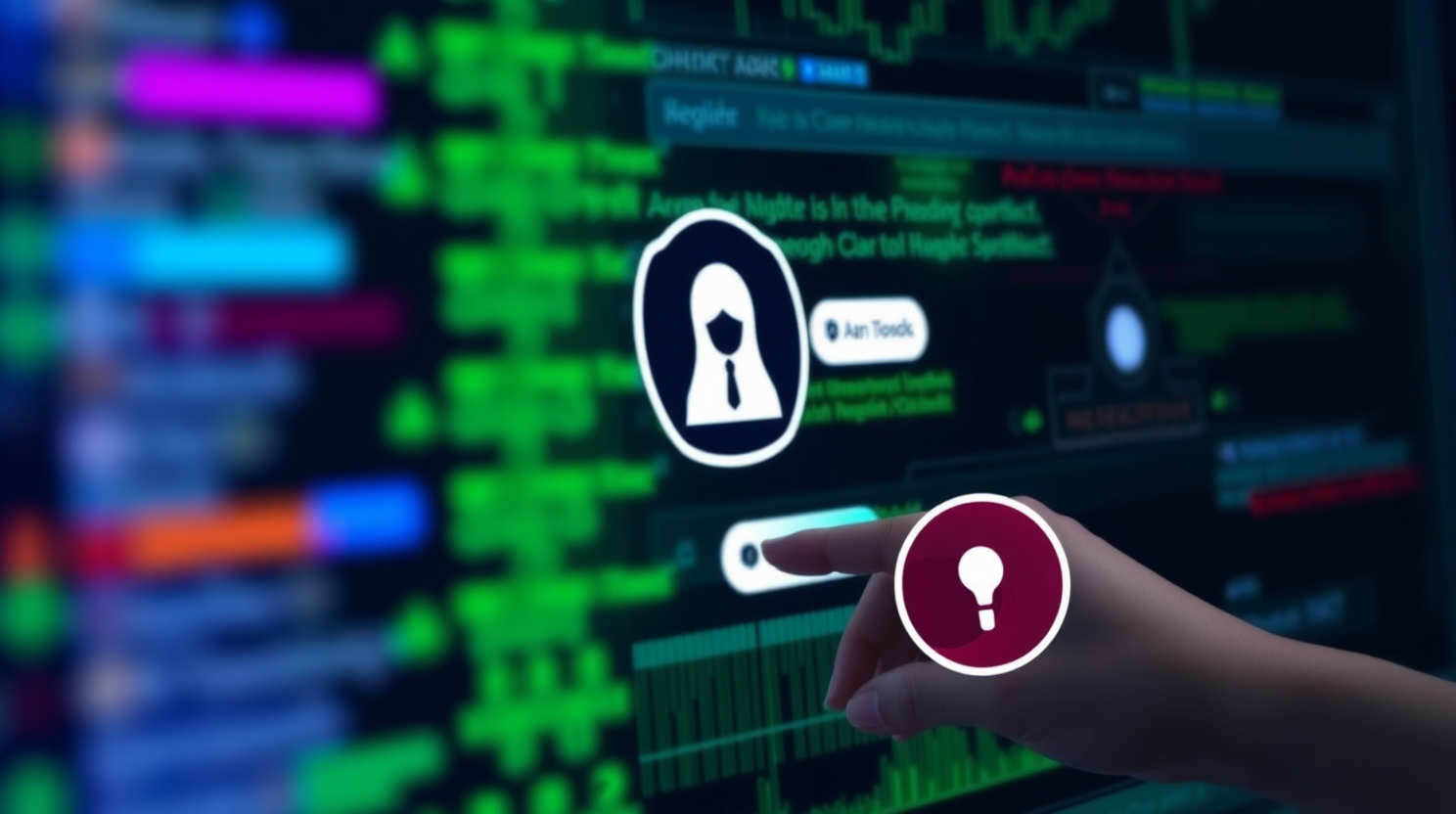South Korea’s Cybersecurity Defenses Struggle to Keep Pace with Digital Ambitions amid Fragmented Government Structure and Shortage of Skilled Experts

South Korea’s reputation for rapid internet speed, extensive broadband coverage, and digital innovation, with global tech giants such as Hyundai, LG, and Samsung residing within its borders, has made it a magnet for cybercriminals. Unfortunately, this success has revealed the nation’s vulnerable cybersecurity defenses.
A series of high-profile hacking incidents have targeted credit card companies, telecoms, tech startups, and government agencies, affecting a significant portion of South Korea’s population. In each case, ministries and regulatory bodies seemed to react hastily, sometimes passing responsibility between one another instead of acting in unison.
Critics point out that South Korea’s cybersecurity defenses are hindered by a disjointed system of government agencies, often resulting in slow and uncoordinated responses according to local media reports.
With no single government agency serving as the primary responder following a cyberattack, the country’s cybersecurity efforts struggle to keep up with its digital aspirations.
“The government’s approach to cybersecurity remains largely reactive, treating it as a crisis management issue rather than critical national infrastructure,” said Brian Pak, CEO of Seoul-based cybersecurity firm Theori. Pak also serves as an advisor to SK Telecom’s parent company’s special committee on cybersecurity innovations.
Pak explained that because government agencies responsible for cybersecurity work in isolation, efforts to develop digital defenses and train skilled workers often take a backseat.
South Korea is facing a severe shortage of skilled cybersecurity professionals.
“This lack of talent creates a vicious cycle. Without enough expertise, it’s impossible to build and maintain the proactive defenses needed to stay ahead of threats,” Pak continued.
Political gridlock has led to a tendency to seek quick, obvious solutions after each crisis while neglecting the more challenging, long-term work of building digital resilience.
This year alone, South Korea has experienced a major cybersecurity incident every month, raising concerns over the robustness of its digital infrastructure.
In response to the recent surge in hacking incidents, the South Korean Presidential Office’s National Security is taking action, advocating for a cross-ministerial effort that unites multiple agencies in a coordinated, whole-of-government response.
In September 2025, the National Security Office announced plans to implement “comprehensive” cybersecurity measures through an interagency plan led by the South Korean President’s office. Regulators also signaled their intention to grant the government authority to launch investigations at the first sign of hacking — even if companies have yet to file a report. Both steps aim to address the lack of a primary responder that has long impeded South Korea’s cybersecurity efforts.
However, South Korea’s fragmented system leaves accountability weak, with all authority concentrated in a presidential ‘control tower’ potentially risking ‘politicization’ and overreach, according to Pak.
A more balanced approach may be optimal: a central body to set strategy and coordinate crises, coupled with independent oversight to prevent the misuse of power. In such a hybrid model, expert agencies like KISA would still handle the technical work—just with clearer rules and accountability, Pak told TechCrunch.
When reached for comment, a spokesperson for the South Korean Ministry of Science in ICT stated that the ministry, along with KISA and other relevant agencies, is “committed to addressing increasingly sophisticated and advanced cyber threats.”
“We continue to work diligently to minimize potential harm to Korean businesses and the general public,” the spokesperson added.






